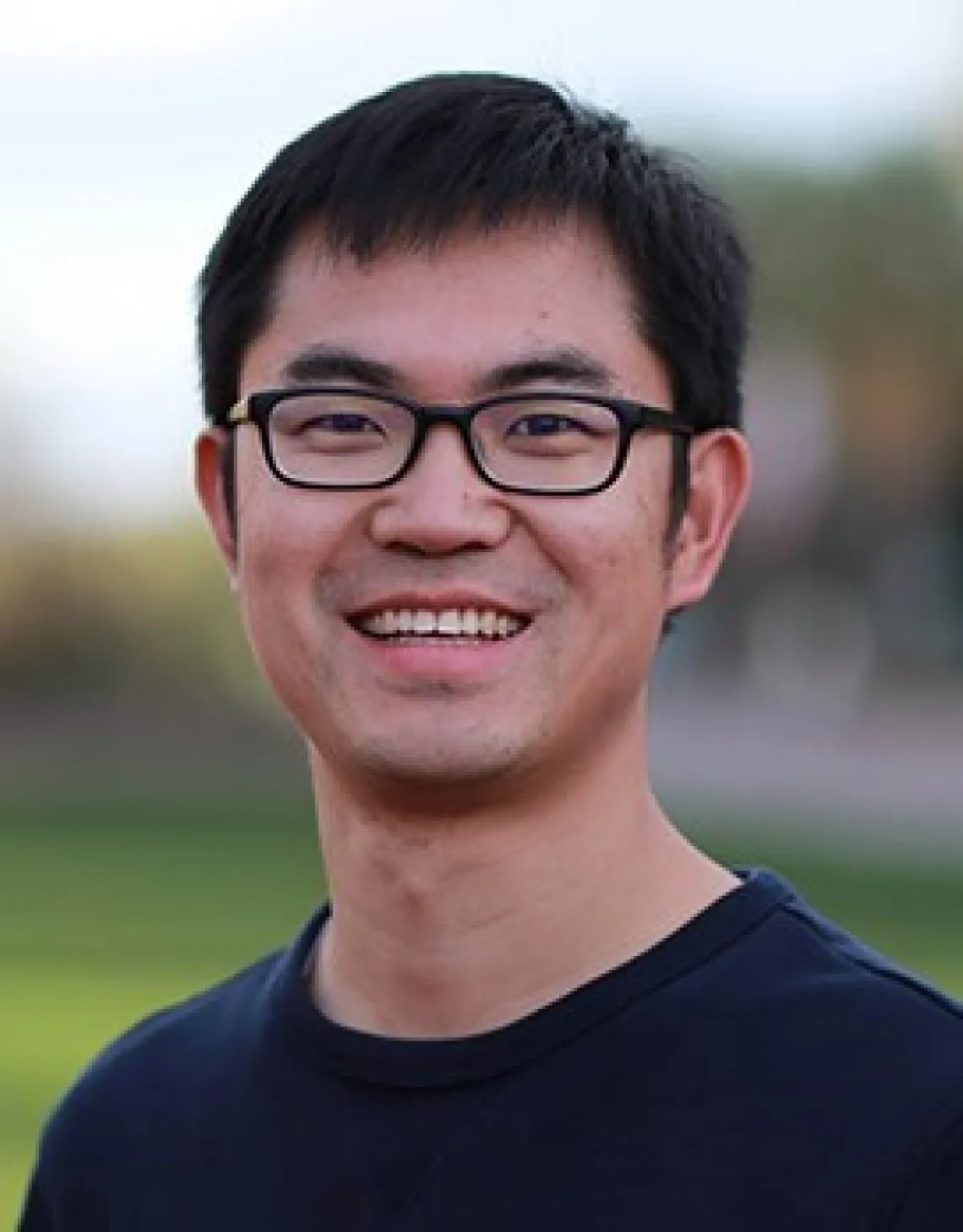Bo Guo Wins Humboldt Research Fellowship for Experienced Researchers from the Alexander von Humboldt Foundation

Our warmest congratulations go to HAS Associate Professor Bo Guo who has been awarded a Humboldt Research Fellowship for experienced researchers by the Alexander von Humboldt Foundation. Bo Guo will be a visiting researcher in Germany for a period of 12 months and be a guest at the Department of Hydromechanics and Modelling of Hydrosystems (LH2) of the University of Stuttgart in 2024 and 2025.
The University of Stuttgart made the announcement on December 18, 2023:
"Bo Guo studied Hydraulic Engineering at the Tsinghua University in Beijing, China. After his degree, he moved to the US and received a PhD in Civil & Environmental Engineering at Princeton University in 2016. After a two-year position as a Postdoctoral Scholar at Stanford University, he accepted an Assistant Professorship at the University of Arizona. Bo Guo directs the Subsurface Flow Physics Group in the Department of Hydrology and Atmospheric Sciences and is affiliated faculty of the Program in Applied Mathematics. In 2023, Bo Guo received the most prestigious National Science Foundation (NSF) CAREER Award. Within this CAREER project, he will study microscale processes controlling field-scale transport of surface-active contaminants, such as PFAS and colloids, in soil and groundwater." Read more about Guo's research here.
"The goal of (Guo's) 12-month Humboldt Fellowship Project is to extend and generalize a previously developed coupled free-flow/pore-network modeling framework to understand and quantify the fundamental pore-scale processes in soils that govern evaporation at the land-atmosphere interface, with a focus on the impact of thin water films.
Specific research objectives are:
- Develop a single-pore nonequilibrium nonisothermal evaporation model accounting for the impact of thin water films and air-water interfacial mass and heat transfer; and
- Couple the new single-pore model to the prior free-flow/pore-network modeling framework, and validate the new modeling framework against microfluidic experimental data.
Accomplishing the project objectives will provide a new validated coupled free-flow/pore-network modeling framework that allows one to identify the primary factors and processes controlling evaporation at the land-atmosphere interface. It is anticipated that this coupled modeling framework will generate insights and guidance for formulating upscaling schemes to develop improved macroscopic models for quantifying soil evaporation in the presence of thin water films.
Furthermore, the modeling framework can be extended to include other processes critical to soil evaporation, such as salt precipitation and its interaction with the mass and heat transfer processes influencing evaporation. Lastly, it is important to point out that while soil evaporation is used as an example application to motivate the research, the project findings provide a fundamental understanding of nonequilibrium and nonisothermal evaporation at the interface between a porous medium and free flow, which may be relevant for other applications such as fuel cell systems and other industrial problems."
About the Humboldt Research Fellowship Program
In providing Humboldt Research Fellowships for experienced researchers, the Alexander von Humboldt Foundation enables highly-qualified scientists and scholars from abroad, who completed their doctorates less than twelve years ago to spend extended periods of research (6-18 months; may be divided up into a maximum of three blocks) in Germany. Candidates are expected to have their own, clearly defined research profile. Scientists and scholars from all disciplines and countries may apply.
The research outline is carried out in cooperation with academic hosts at research institutions in Germany. Applicants choose their own topic of research and their host in Germany. Details of the research outline including information on the intended duration of the fellowship must be agreed with the intended host before applying. The duration of the research fellowship (6-18 months) may be divided up into a maximum of three visits lasting a minimum of three months each. No more than 36 months may elapse between the beginning of the first stay and the end of the last stay. Short-term visits for study and training purposes or for attending conferences are not eligible for sponsorship.

